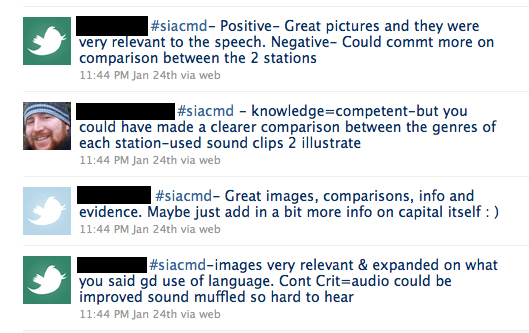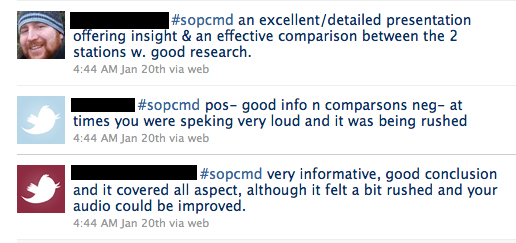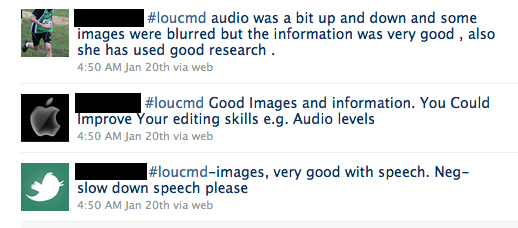Less
- (cont.) spending time on ‘urgent but unimportant’ tasks
- I did a much better job of this in 2020. I was able to be more strategic and to delegate tasks more willingly. Something I have always struggled with.
- tinkering with apps and organisational tools (I need to pick a system and stick to it)
- I broke this down into three areas (notes/schedule/projects) and settled on one app to manage each of them:
- Drafts for writing: ideas, notes, lists, blog posts and reference material.
- Fantastical to organise my day: lessons, meetings, calls and events.
- OmniFocus for task and project management.
- I also made some changes to my daily and weekly reviews that kept me better organised.
- I broke this down into three areas (notes/schedule/projects) and settled on one app to manage each of them:
- avoiding difficult / time-consuming tasks
- I did well with this as well, in part due to the improvements I made to my organisation as noted above. In particular, I started using the ‘forecast tag’ in OmniFocus for these tasks and also scheduled time in my calendar for when I would work on them. This meant that they were always visible and would not be missed in my daily review. Scheduling time in my calendar meant that progress was made on them each day until they were done. Incremental progress FTW!
More
- trying new foods and recipes
- Jennifer and I are always exploring new recipes but we did even better this year building a wide range of new meals into each month. And like 2019, we struck a healthy balance between meat-based dishes and vegetarian ones.
- rediscovering old music
- I immersed myself in Jazz, exploring a wide range of styles (hard-bop, modal, avant-garde…) and musicians. I improved my knowledge of the genre’s development and discovered a number pieces that entered into regular rotation. My top three tunes for the year are:
- All of You (Miles Davis)
- When Sunny Gets Blue (McCoy Tyner)
- Bluette (The Dave Brubeck Quartet)
- Having spent a lot of time over the years listening to the more avant-garde and challenging work of Miles Davis and John Coltrane, I was surprised to see how much I leaned toward smooth and modal Jazz over the course of the year. Red Garland, Bill Evans and McCoy Tyner (all pianists) featured prominently. Maybe I am mellowing out!?
- In addition to this, I also revisited a lot of music from my youth (80s/90s). According to Spotify, my most listened to artists this year were: Queen, Radiohead and Nick Cave.
- I spent some time listening to classical music too; mostly Beethoven, Chopin, and Fauré, so the piano featured prominently there as well. Maybe I should learn to play the piano in 2021?
- I made a number of new playlists in Spotify and updated some of my existing ones. They can all be found via my Spotify profile.
- I immersed myself in Jazz, exploring a wide range of styles (hard-bop, modal, avant-garde…) and musicians. I improved my knowledge of the genre’s development and discovered a number pieces that entered into regular rotation. My top three tunes for the year are:
- visiting new places
- This did not happen for obvious reasons. Instead we made the most of our local area while doing all that we could to keep ourselves and other safe. The time spent here at home was not wasted though, I read more books than I have done in a long time.
- mobility exercises and yoga
- I failed miserably with this one unfortunately, and I haven’t done as well with my running over the last three months of the year either. Exercise has to be a habit and requires commitment. I will be re-committing to this in 2021 and ensuring that I can forge good habits to get back on track.
- (cont.) writing
- In terms of writing, I never truly found my mojo. That said, I did publish 24 full blog posts (20 more than 2019 ). Two blog posts per month is not what I was aiming for at the start of the year. As with exercise, writing has to become a habit. I will be committing to working towards this in 2021 as well.
None
- (cont.) looking at my mobile phone when people are talking to me (still trying to make this stick!)
- I finally made some headway with this in 2020. I took to leaving my phone on the coffee table or even in a different room and this helped. Still, I can do even better so this item will graduate to the ‘Less’ section for 2021.
- saying yes to projects or ideas that will only have short-term or limited impact (aiming for a year of quality not quantity)
- When faced with a pandemic, partial school closures and a constantly changing set of guidelines and rules, it has been hard not to have to work on projects that were about ‘short-term’ impact. Sometimes you simply have to adapt to the needs in front of you and I feel that alongside my colleagues, I did a good job in helping to keep the school going under very challenging circumstances.



